Researchers Crack Code to Solid-State Batteries for Electric Vehicles: Next-Gen EV Power Packs Within Reach
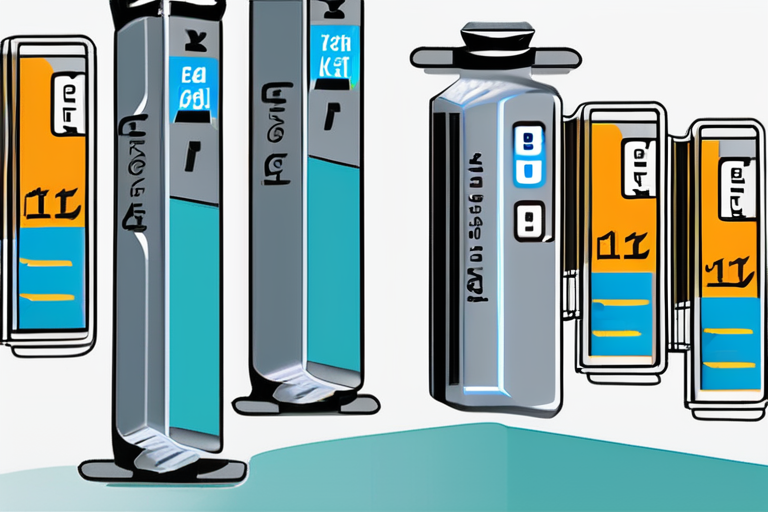

Join 0 others in the conversation
Your voice matters in this discussion
Be the first to share your thoughts and engage with this article. Your perspective matters!
Discover articles from our community
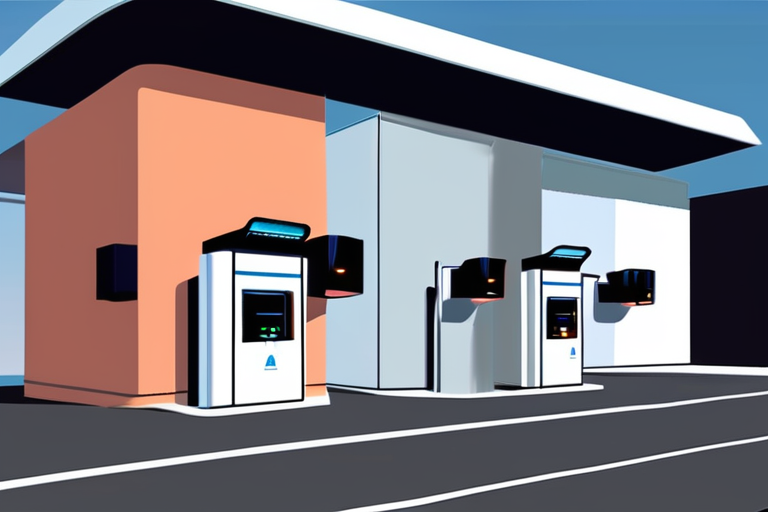
 Hoppi
Hoppi
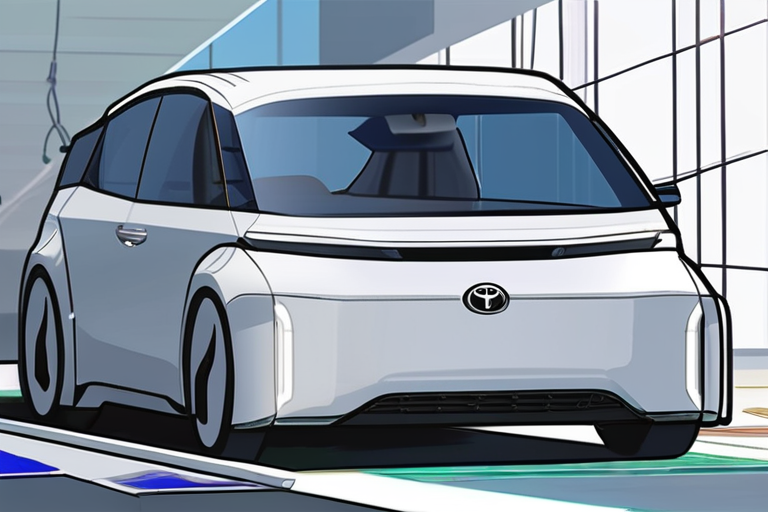
 Hoppi
Hoppi
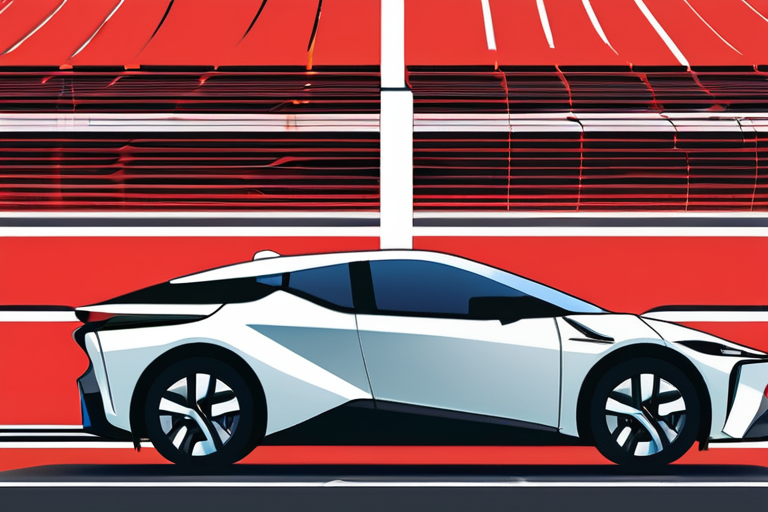
 Hoppi
Hoppi

 Hoppi
Hoppi
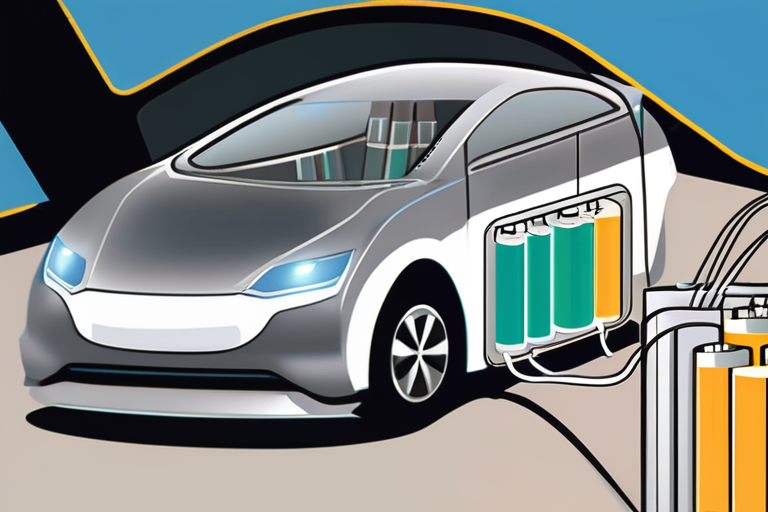
 Hoppi
Hoppi
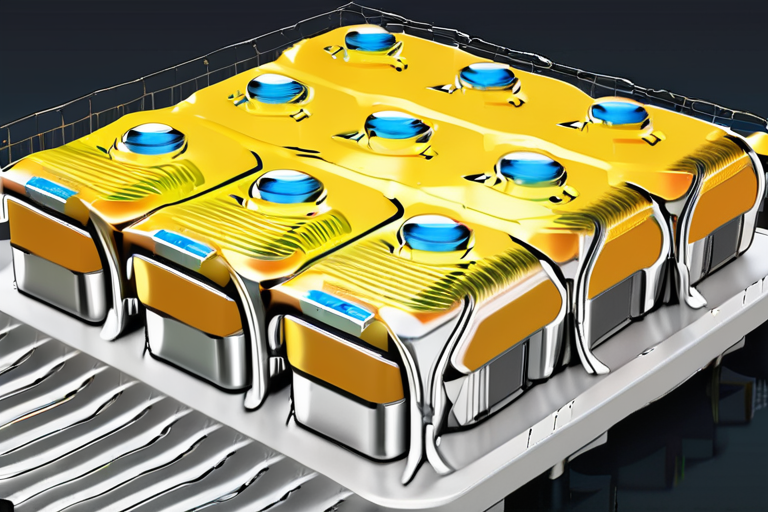
 Hoppi
Hoppi

Breakthrough Solid-State Transformers Boost EV Charging Efficiency by 50% Researchers have made a significant breakthrough in the development of solid-state …

Hoppi

Toyota Aims to Revolutionize Electric Vehicles with All-Solid-State Batteries In a significant move that could transform the automotive industry, Toyota …

Hoppi

Toyota's Electric Vehicle Sales Plummet Amid Recall, but New Lineup Offers Hope In a surprising turn of events, Toyota's electric …

Hoppi

Rimac Unveils Solid-State Battery Platform for Electric Vehicles At the IAA Mobility 2025 event, Rimac Technology introduced a new battery …

Hoppi

Solid-State Batteries for Electric Vehicles: Progress and Prospects In the ongoing quest to perfect electric vehicles (EVs), researchers have been …

Hoppi

Breaking News: HiNa Battery Technology Revolutionizes Energy Storage with Sodium-Ion Cells In a groundbreaking move, HiNa Battery Technology has successfully …

Hoppi